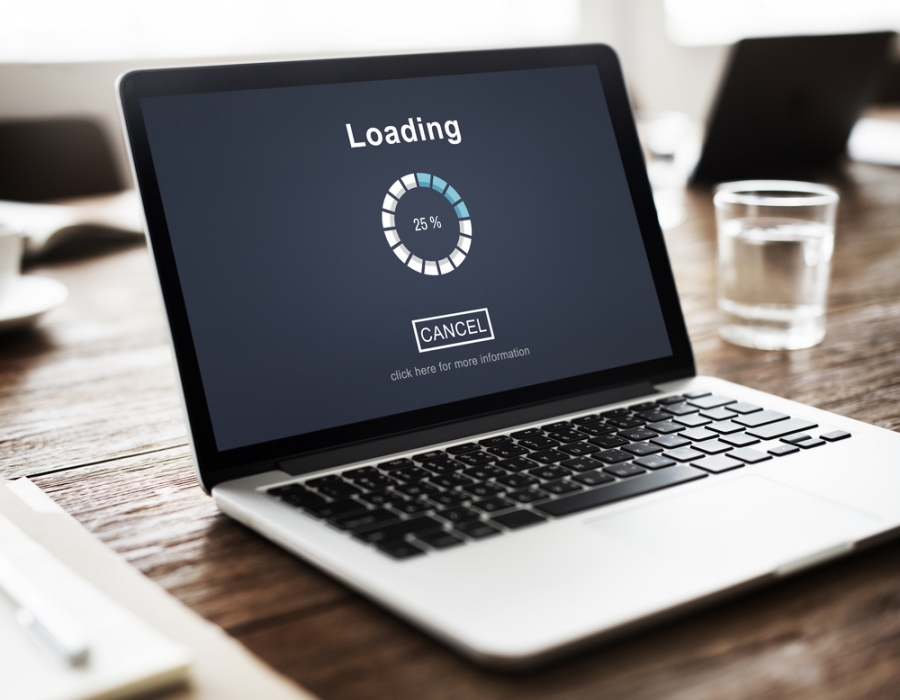Many factors influence how your website ranks and one of the most crucial factors is page speed. It has a considerable impact on SEO (search engine optimization), user experience, and conversion rates. If your website fails at loading fast, you should look for essential tips on improving its page speed. This article will give you valuable insights on how to speed up web page loading time.
What are the best tips on improving site and page speed?

- Testing your website’s performance
Of course, this includes regularly checking your page loading and tracking volatilities in the overall performance. In particular, a page speed test is crucial because it can help you identify the areas that fail your site’s performance. Once knowing where the issues are, you can start fixing them.
How to test this factor? You can rely on tools such as GTMetrix that will inform you how your loading time is doing and give you recommendations.
Google also has a tool to test this parameter, called PageSpeed Insights. Google Chrome DevTools is appropriate for developers in assessing the site’s performance.
- Optimizing your images
Perhaps you have noticed that images impact how your pages load, especially when they are not optimized. In this case, they can take quite a while to load, directly affecting the overall page performance. What you should do is start optimizing your images immediately. This process includes reducing their resolution and dimensions and file compression. Luckily, you can use one of the many image optimizers and compressors available online for free.
Note. Image caching is another crucial tactic that can significantly improve webpage rendering by implementing browser-side caching.
- Using a content delivery network (CDN)
A CDN is quite helpful in caching content, which improves website speed. But what is site cache? It is the process of storing copies of files in the so-called cache, which can be described as a temporary storage location. By doing so, they can be accessed more quickly. For instance, web browsers cache HTML files, JavaScript, and images. This is done so that websites load more efficiently. CDN servers, on the other hand, cache content to minimize latency.
- Minifyng CSS and JavaScript files
What does it mean to minify code? It’s the process of removing anything unnecessary from code, such as code comments, semicolons, and whitespace. By minifying CSS and JavaScript files, they would load more quickly in the browser. Even though minification doesn’t impact speed improvement as much as the other tips listed here, it is still crucial to improving its overall behavior.
Try to resolve everything using developer’s services
Other crucial tips include reducing the number of HTTP requests, minimizing the use of external scripts, and avoiding using redirects. You can try fixing everything by following professionally written tutorials on platforms such as HowToHosting.Guide. However, the truth is that most optimization steps require the services of a professional developer. If you continuously encounter issues that lead to negative SEO results, you should consider using an experienced developer’s services. Defining a budget for a developer may not seem that important at the beginning of your website journey. However, when various errors start emerging, you should seriously think of relying on a developer’s skills.



